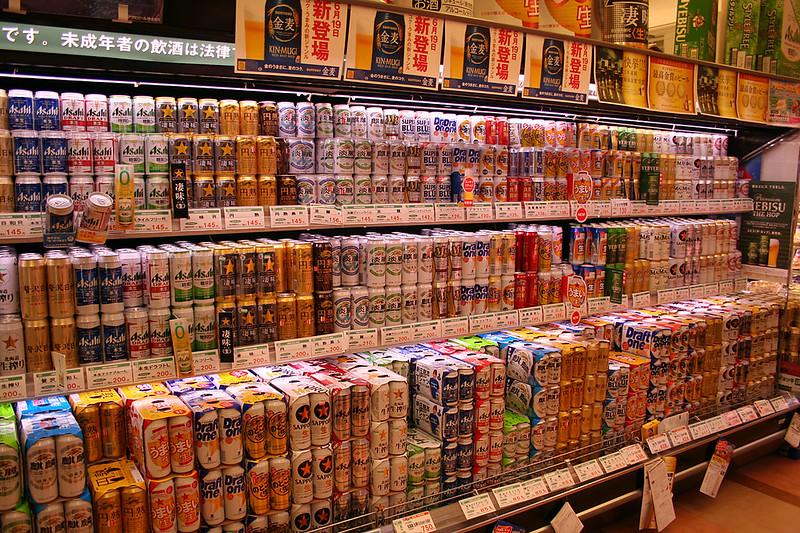Japan legalises self-checkout alcohol sales
Last week, Japanese Minister of Digital Affairs Taro Kono announced that stores would now be permitted to sell alcohol and tobacco through self-checkout registers, without a clerk checking the customer’s ID.

Before this new development, if a customer wished to purchase alcohol at a self-checkout in Japan, the store clerk would prompt them to press a button confirming that they are 20-years-old or older (the legal age for the purchase of tobacco or alcohol), they may also ask to see some form of identification.
With this new development, titled ‘Guidelines for age verification of alcoholic beverages and tobacco using digital technology’, self-checkout registers will be issued with card readers to scan either a driver’s license or My Number Card (a government-issued ID first introduced in 2016). It does not appear that any technological measure to confirm that the customer is using a card that belongs to them will be implemented.
The major motivation for legalisation was to increase the uptake of these ID cards by offering an incentive
Uptake of the My Number Card, which also doubles as health insurance ID, has been slow, with The Japan News reporting that by August 2022 only 47.4% of the population had applied for one.
Though technology is being used to curb underage drinking, Japan is encouraging younger people (over the age of 20) to consume more alcohol in an effort to boost the economy.
Related news
NKFH: 362 million forint fine imposed for serving alcoholic beverages to young people
🎧 Hallgasd a cikket: Lejátszás Szünet Folytatás Leállítás Nyelv: Auto…
Read more >Related news
II. Green Gastronomy – Marketing Communication Workshop organized by the MMSZ HoReCa and Green Section
🎧 Hallgasd a cikket: Lejátszás Szünet Folytatás Leállítás Nyelv: Auto…
Read more >Nearly 140 domestic suppliers, 60% growth – SPAR Regions Treasures program accelerates with AI solutions
🎧 Hallgasd a cikket: Lejátszás Szünet Folytatás Leállítás Nyelv: Auto…
Read more >







